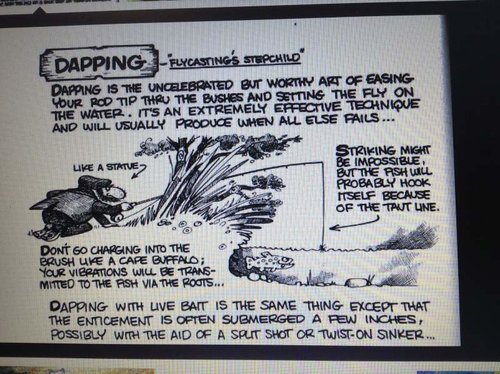Jamen
Well-known member
I am wanting to start getting into the world of fly fishing. I will be going to Colorado this spring for about 10 days and I plan on doing a little fishing in there. I will also be fly fishing up here in North Dakota as well. I know fishing lakes could be a lot different than small streams in the mountains but I am open for all help.
Is there any good rods for beginners, Any good fly companies that will not break the bank. Is it worth tying my own flies? Like I said any and all information is welcomed. For now it is fishing on the frozen lakes for me!!
Thanks!
Jamen
Is there any good rods for beginners, Any good fly companies that will not break the bank. Is it worth tying my own flies? Like I said any and all information is welcomed. For now it is fishing on the frozen lakes for me!!
Thanks!
Jamen




